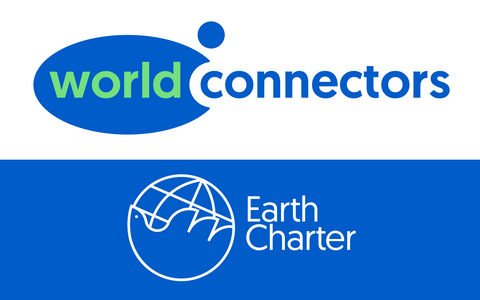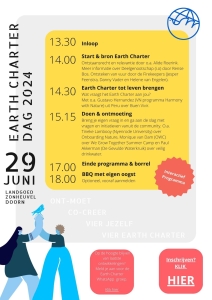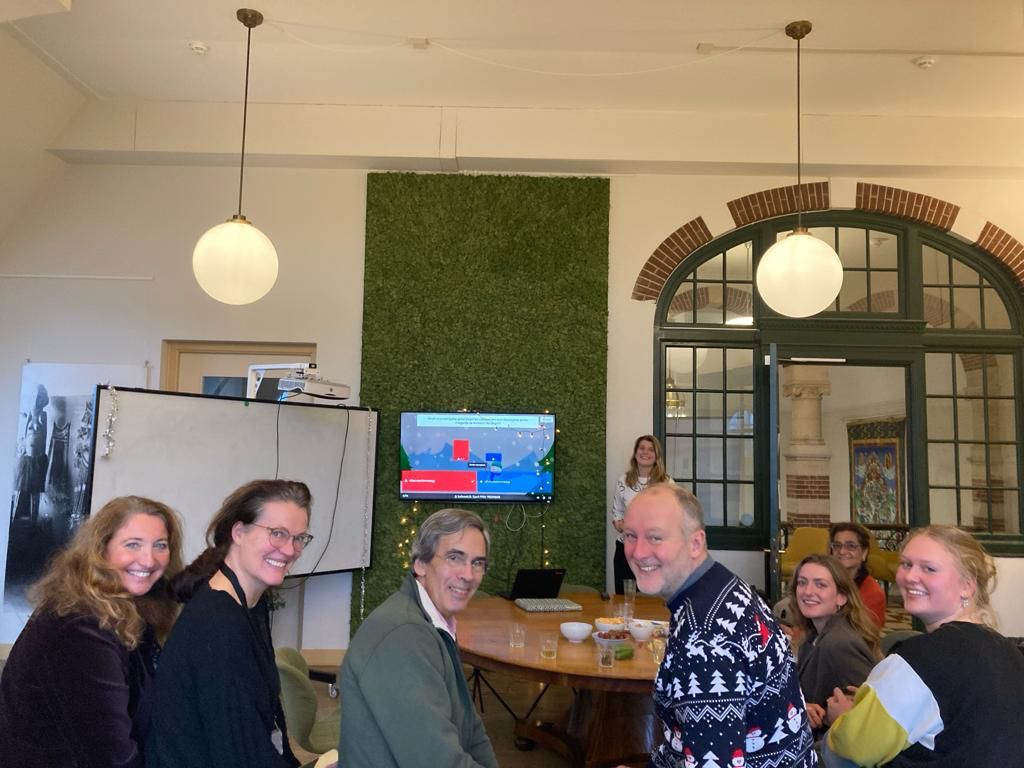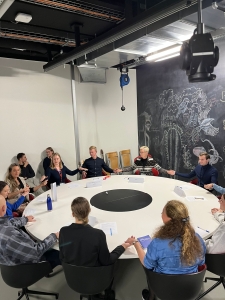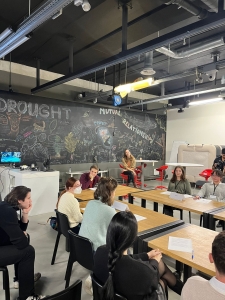De world connectors zijn mede-initiatiefnemer van de Toekomstbouwplaatsen, een serie intergenerationele dialogen over de Toekomst in aanloop naar de VN Summit of the Future op 22 en 23 september in New York.
Het idee is dat op verschillende plekken in Nederland zgn. Toekomstbouwplaatsen worden gehouden waarin ook de niet usual suspects aan het woord komen. Deze bijeenkomsten volgen op een serie interactieve dialogen die zijn gevoerd met mbo-studenten overal in het land, waar bijna 300 mbo-studenten aan hebben deelgenomen. De inzichten die we hebben opgehaald, worden door één van de Nederlandse VN jongerenvertegenwoordigers meegenomen naar New York. De inzichten worden ook aangeboden aan beleidsmakers, zoals leden van de Tweede Kamer, de SER, burgemeesters en de VNG.
Inmiddels hebben er twee Toekomstbouwplaatsen plaatsgevonden, in Utrecht en Groningen. Een derde Toekomstbouwplaats staat gepland voor 10 september in Breda, van 16.30-19.30 uur. Meld je aan als key-listener of als deelnemer. Iedereen is welkom; specifieke kennis of voorbereiding is niet nodig. Als deelnemer aanmelden kan via dit formulier. Als key-listener kun je je opgeven bij Gitta van der Meer, [email protected].
Wat mij persoonlijk opviel tijdens de Toekomstbouwplaats in Groningen, waar ik als key-listener aan meedeed, is dat deelnemers hun zorg uitte over de situatie in Nederland en de wereld, maar positief waren over kleine locale initiatieven van mensen, iets ondernemen met vereende krachten, de mogelijkheden van technologie.
Deelnemers onderstreepten dat mensen het verschil kunnen maken en dat we niet altijd hoeven te wachten op de overheid. Voor die beslissingen waar je de overheid nodig hebt, kun je ook proberen als burgerbeweging de overheid te beïnvloeden. Neem een voortrekkersrol, inspireer anderen. Neem iedereen mee, ook mensen zonder geld of met een beperking.
De deelnemers in Groningen droomden over zorgzame gemeenschappen, gevoed door compassie, waar jong en oud door elkaar heen wonen. Een gemeenschap waar het leven iets trager gaat, met meer tijd en zorg voor elkaar en minder spullen. Met een openbare ruimte met groen, vlinders, bijen en vogels. Waar mensen verantwoordelijkheid nemen voor hun eigen omgeving en voor elkaar.
De deelnemers erkenden dat iedereen gebaat is bij een gemeenschap. Er wordt in onze samenleving een sterk beroep gedaan op individuele verantwoordelijkheid maar we kunnen het niet in ons eentje fixen. Maar als we het niet redden, schamen we ons daarvoor. Dat moet anders.
De deelnemers benadrukten dat welzijn zit in de verbinding met anderen. De essentie van een zorgzame gemeenschap is dat ook mensen die niet (willen) meedoen, wel in de gaten worden gehouden en onderdeel van de gemeenschap zijn. Er is respect voor diverse smaken.
Om dit te verwezenlijken is een ander onderwijssysteem nodig. Geef jongeren de tools om kritisch te denken en compassie te ontwikkelen, om in de natuur te leven en zich staande te houden in de wereld.
Dus: Van ego naar eco, naar gezonde sociale, economische en natuurlijke ecosystemen. Die zijn per definitie divers. Diverse systemen raken niet zo snel uit balans. Als onderdeel van de dialoog bouwden de deelnemers hun gedroomde toekomst.
Wil je ook meepraten? Dat kan in Breda. Meld je aan via de aanmeldbutton!
